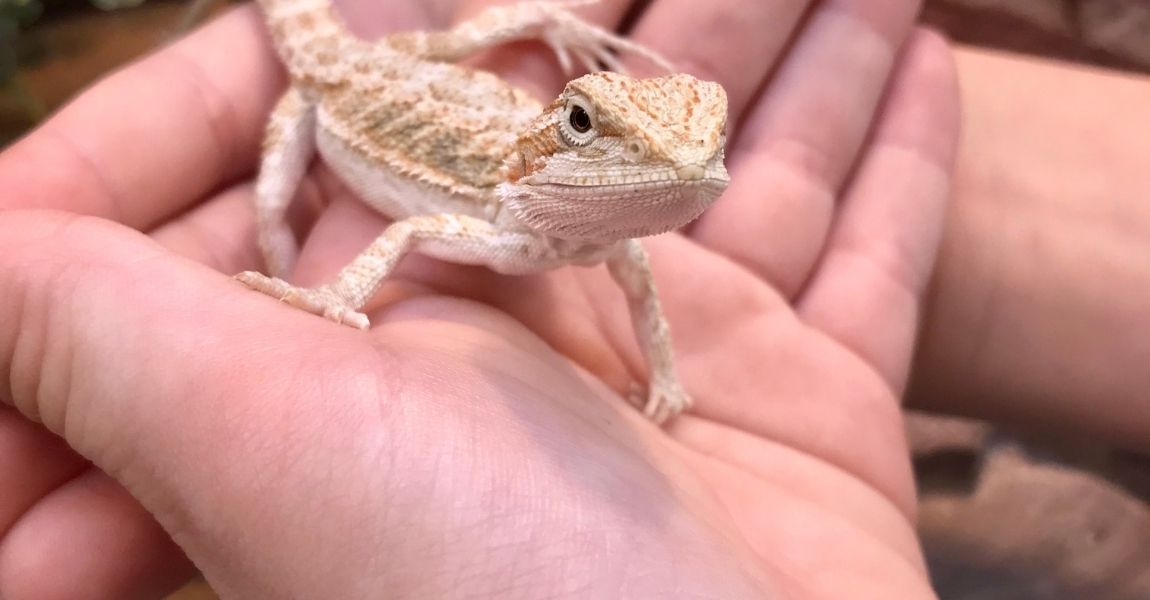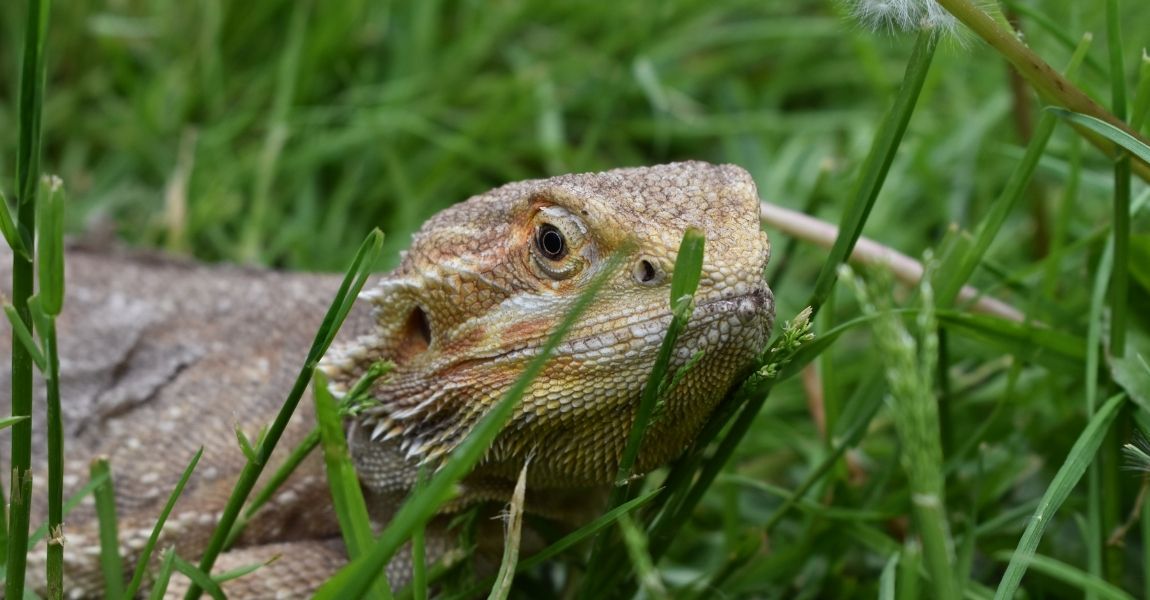Introduction:
Adopting a bearded dragon as a pet can be an exciting and rewarding experience. These fascinating reptiles make great companions, but they also require specific care and attention to thrive in a domestic environment. Before bringing a new pet bearded dragon into your home, there are several important factors to consider. In this article, we will discuss the key considerations before adopting a bearded dragon.
Commitment and Lifespan:
Bearded dragons have a relatively long lifespan, typically ranging from 10 to 15 years, although some can live even longer with proper care. Owning a bearded dragon is a long-term commitment, so ensure that you are prepared to provide care and attention for the duration of their life.
Space Requirements:
Bearded dragons need ample space to live comfortably. Consider the size of the enclosure required for your dragon's well-being. A tank or terrarium that is at least 40 gallons is suitable for an adult bearded dragon, but larger enclosures are always better. Ensure you have enough space to accommodate the enclosure and provide a comfortable living environment.
Time and Attention:
Bearded dragons, like any pet, require daily care and attention. They need regular feeding, cleaning, and social interaction. Consider if you have enough time in your daily routine to provide the necessary care and attention a bearded dragon requires.
Financial Responsibility:
Owning a bearded dragon comes with financial responsibilities. Consider the costs associated with their care, including enclosure setup, heating and lighting equipment, nutritious food, substrate, and regular veterinary check-ups. Additionally, be prepared for unexpected expenses that may arise from health issues or emergencies.
Proper Diet and Nutrition:
Bearded dragons have specific dietary requirements that must be met for their optimal health. They need a balanced diet consisting of a variety of insects, such as crickets and dubia roaches, and a selection of leafy greens and vegetables. Consider if you can provide the necessary food and supplements to ensure their nutritional needs are met.
Temperature and Lighting:
Bearded dragons are ectothermic animals, meaning they rely on external heat sources to regulate their body temperature. They require a proper heating and lighting setup in their enclosure to create a temperature gradient and provide UVB lighting for calcium metabolism. Ensure you can provide the necessary equipment and maintain the appropriate temperature and lighting conditions.
Handling and Socialization:
Bearded dragons can become tame and enjoy human interaction when properly socialized. Consider if you are comfortable handling reptiles and if you can dedicate time to socialize and handle your bearded dragon regularly. Gentle handling and interaction are crucial for their well-being and the development of a bond with their caregiver.
Potential Health Issues:
Bearded dragons, like all animals, can experience health issues. Research common health problems, such as metabolic bone disease and parasites, and be prepared to provide proper veterinary care if necessary. Locate a reptile-savvy veterinarian in your area before adopting a bearded dragon.
Compatibility with Family and Lifestyle:
Consider if a bearded dragon is suitable for your family and lifestyle. Bearded dragons are generally docile, but they require a calm and quiet environment. If you have small children or other pets, ensure they can coexist safely with a bearded dragon. Evaluate if a reptile pet fits well with your lifestyle and daily activities.
Legal Considerations:
Before adopting a bearded dragon, familiarize yourself with any local or regional laws regarding reptile ownership. Ensure that owning a bearded dragon is legal in your area and that you comply with any necessary permits or regulations.
Conclusion:
Adopting a bearded dragon can be a fulfilling and enriching experience. By considering the factors mentioned above, you can make an informed decision about bringing a bearded dragon into your home. Be prepared to provide the necessary care, time, and resources to ensure a happy and healthy life for your new reptilian companion.





